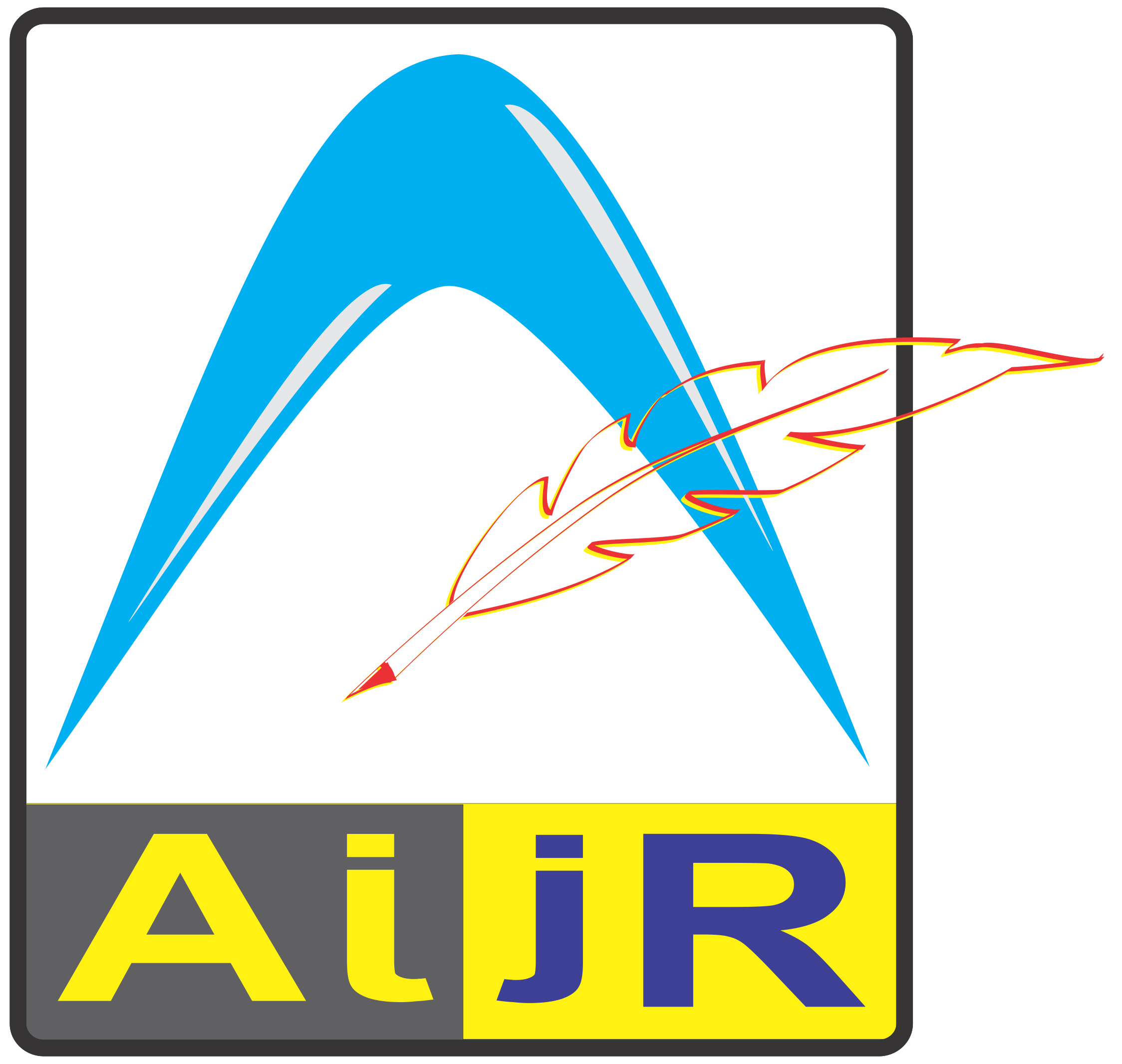A degree in chemical engineering is a way to secure a stable position in the research and development sector. The high demand for graduates in the field is a testament to how expansive an area of discipline it commands. Sectors from construction to food manufacturing rely on chemical engineers to ensure safety and improve the quality of essential products including everyday grocery items and materials used in large-scale industrial applications. As technology enhances so should the need to develop skilled professionals that can only be molded through key trends impacting chemical engineering education today. This article explores a few crucial developments:
1. The focus on sustainability becomes even more pronounced
Despite current challenges to environmental protection, the chemical engineering sector will still highlight the need to incorporate green tools and practices in curricula across noteworthy institutions such as the American International College. With sustainability becoming a more integral field in engineering, the field is expected to see even more graduates with experience and know-how in terms of nurturing circular economies and reducing carbon footprints in supply chains.
These institutions are already incorporating key concepts that emphasize the use of renewable resources, the optimization of waste and pollution control, as well as a thorough analysis of the life cycles of certain products and by-products. Some institutions have also sponsored projects to integrate sustainable concepts into chemical engineering programs to equip students with the skills and experience needed to address the growing demand for sustainable solutions in the field. Accomplishing this would require training professional teachers who have had experience in sustainable waste management and other related disciplines in addition to investing in training facilities that simulate real-world applications.
2. Highlight professional skills
In addition to environmental considerations, professional development has also become a core focus in modern programs. Chemical engineering students are encouraged to learn how to nurture soft skills. Competence is a critical domain but being able to develop good work ethics and skills such as time management and effective written and oral communication are just as essential to professional success. Institutions could organize workshops and seminars for candidates for graduation.
It is also essential for programs to focus on developing communication skills, a sense of teamwork, problem-solving competence, numeracy and IT skills, and self-learning among graduates. These skills are becoming more relevant today as the world’s top employers of chemical engineering graduates are putting a premium on those who can effectively harness generative artificial intelligence on top of their soft skills.
3. The emergence of cross-learning opportunities
Along with the need to highlight professional development, there is also an increasing focus on applying concepts in chemical engineering across other sectors. The sector is now focused towards addressing more complicated issues which create challenges that new graduates may not be fully prepared for. To thrive in this evolving landscape, institutions provide students valuable opportunities to apply what they know on the field in other areas.
Interdisciplinary learning becomes even more essential as new technology is almost inseparable from natural science. Going beyond key concepts and theories within the realm of chemistry and biology, students are given the space to delve deeper into how emerging technology such as nanotechnology and automation play a vital role in a field that can only get more complex. Central to this is the need for institutions to take part in exchange programs and form linkages with other colleges, universities, and centers for excellence. Such opportunities will not only encourage knowledge-sharing but also allow chemical engineering students to gain experience and exposure in fields outside their areas of discipline.
4. New modes of improved professional advancement
Training the next generation of chemical engineering professionals with increasing focus on sustainability and professional development requires the use of new learning setups. Over the years, educational programs have found value in remote learning, especially as a means to provide flexible opportunities for professional advancement among graduates who are already working in the field. Over the past years, institutions offering chemical engineering programs have implemented remote systems for handling synchronous and asynchronous classes.
Some bachelor programs in the world’s top institutions for chemical engineering training are already offering alternative modalities for students who want to focus on getting a quality education without leaving work or their hometowns. With the presence of remote learning platforms, chemical engineers are given the space they need to acquire new skills conveniently.
In light of these key developments, there is ample space for growth and innovation in the sector of chemical engineering education. It is only a question of how institutions can harness these to enrich the programs they offer.
Share your achievements, innovations, or announcements with the academic world!
Submit your guest post or press release to AIJR and amplify your voice across the education and research community.



